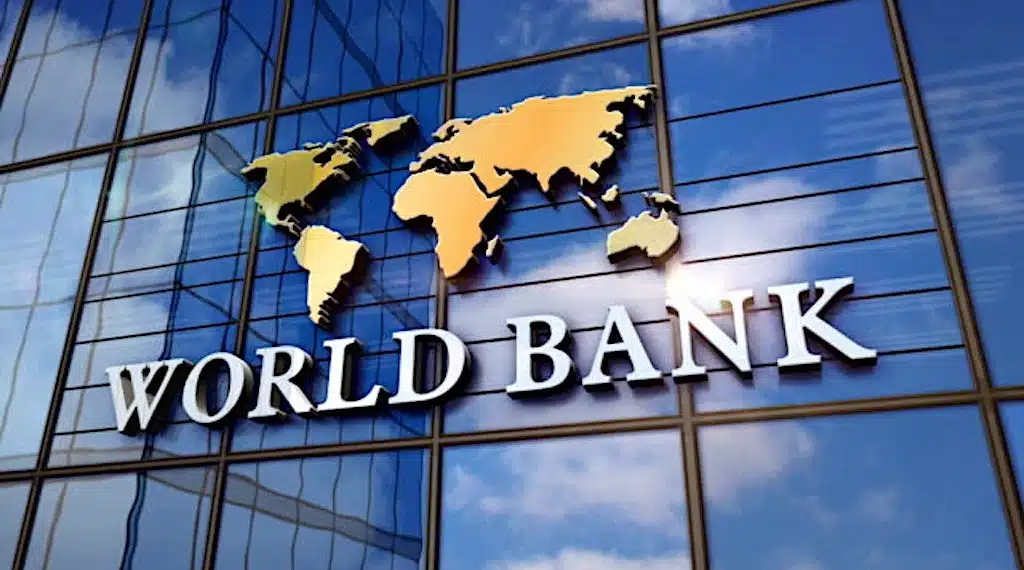The proposed Nigeria Tax Bill is an ambitious attempt to modernize our tax system. By harmonizing income and capital gains taxes, focusing more on indirect taxes, and streamlining multiple levies into a unified development levy, it promises simplicity and economic stimulation. But as any business owner will tell you, the devil is in the details, and a few sections of the bill could use some serious rethinking.
Let’s start with Section 20(4) which ties the deductibility of foreign currency expenses to the official exchange rate. Now, imagine you’re running a business and need dollars to import critical materials. You head to the Central Bank but find out there isn’t enough forex to go around. What do you do? You turn to other markets, where the rates are higher, just to keep the lights on. Under this new bill, you can’t claim the difference between the official and parallel market rates as an expense. This provision, while aimed at discouraging speculative forex transactions, feels like punishing businesses for adapting to a flawed system.
Now, onto Section 21(p), which denies tax deductions for expenses where VAT is due but not charged. Picture this: You hire a contractor who forgets to add VAT to their invoice. Should your business suffer because someone else didn’t do their job? That’s exactly what this provision does. Existing laws already punish suppliers for failing to charge VAT, so why penalize the buyer? It’s like fining you for using a bus that didn’t pay its road tax.
Then there’s the issue of Free Zone Enterprises (FZEs). The bill proposes that FZEs will only remain tax-free if they export 100% of their goods. If they export less than 75%, they’ll pay taxes on all profits, export-related or not. This approach dismisses other critical contributions of FZEs, like job creation and infrastructure development. Worse still, some FZEs might face a 15% minimum tax if their turnover exceeds N20 billion, even if they export 100%. That’s not just bad policy but also a trust-breaker for investors who bet on Nigeria’s free trade zones.
In its current form, the Nigeria Tax Bill takes two steps forward but one step back. It’s a good start, but without fine-tuning, it risks stifling the very businesses it aims to empower.






